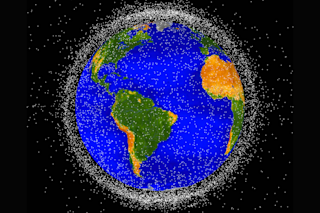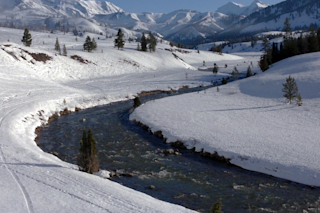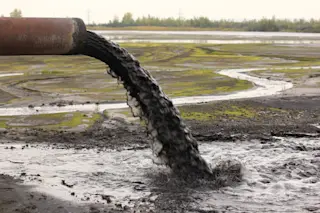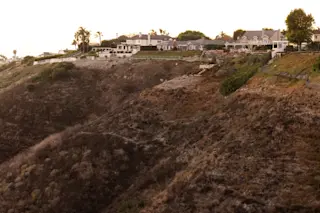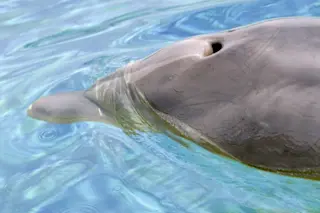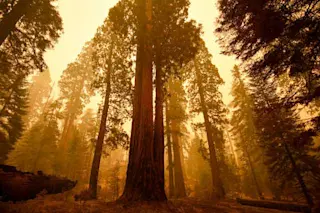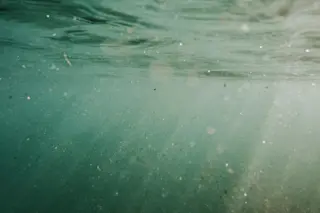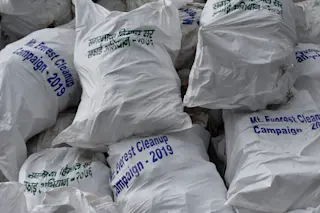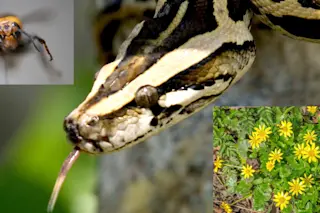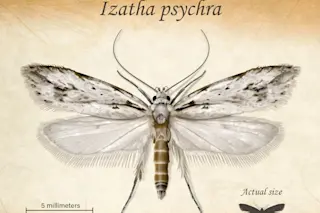At first glance, the Earth’s orbit and oceans could not be more different. The former is located on the uppermost layers of the planet’s atmosphere and beyond, while the latter surrounds all the landmasses around the globe.
But there is a glaring similarity between the two: Both are vast areas with no owner, making responsible and sustainable use of them incredibly challenging.
Imogen Napper, a marine scientist at the University of Plymouth in England, says the high seas and the Earth’s orbit are both global commons. In other words, the resources are shared and accessible by all — with no single governing country or power.
As a result of this limited governance, however, they also have limited protection.
In a recent letter published in Science, Napper and her co-authors highlighted the urgency to protect the Earth’s orbit. They noted how the exploitation of what appears to be a free resource ...


